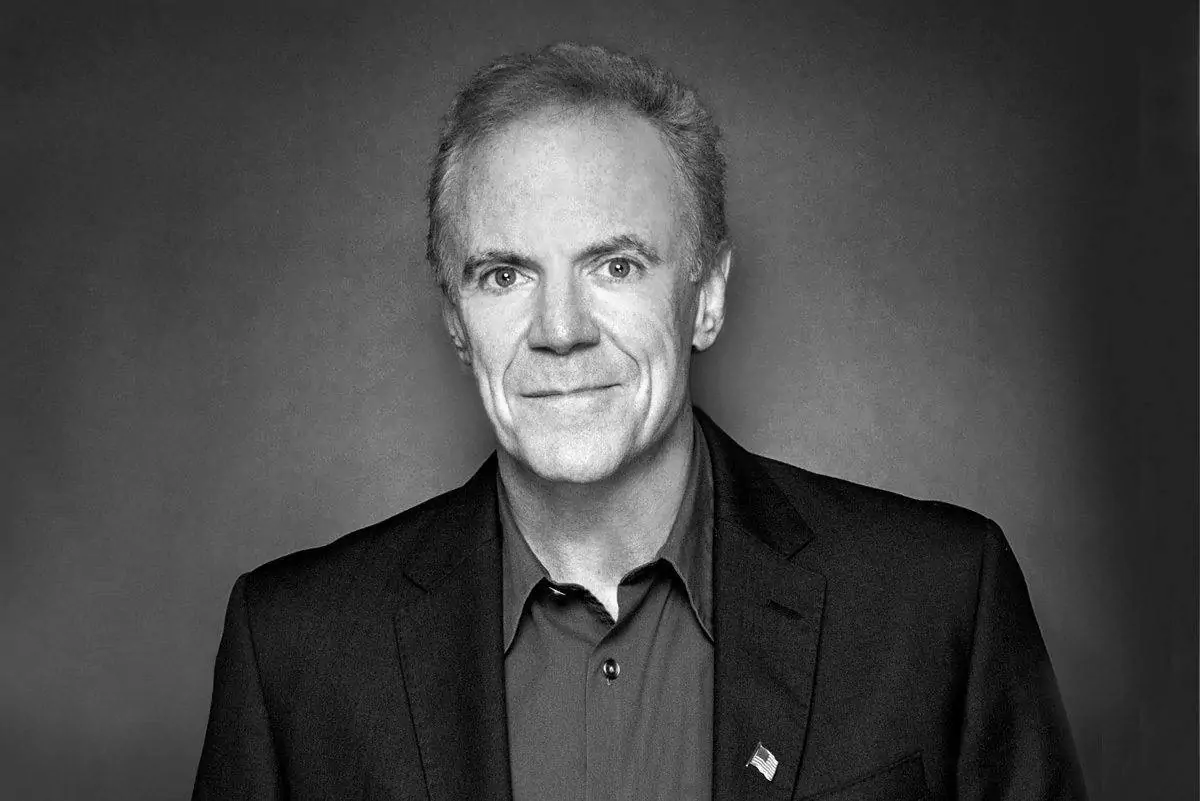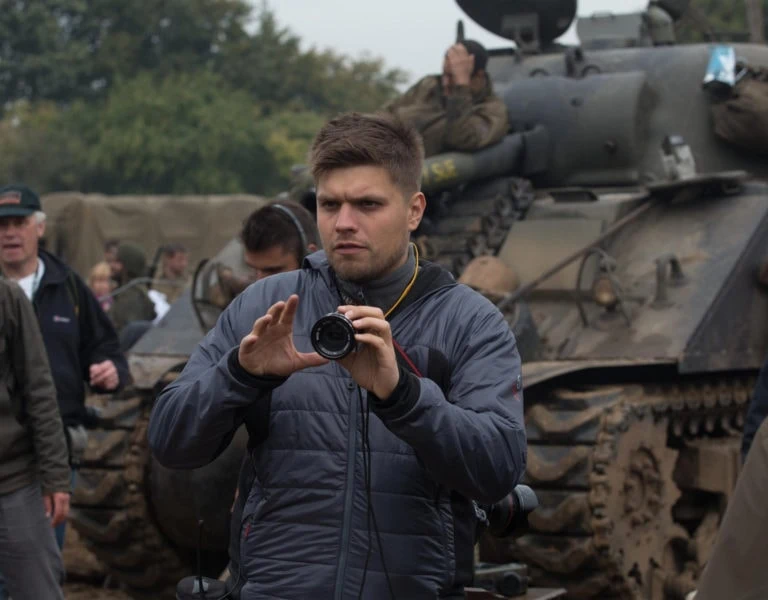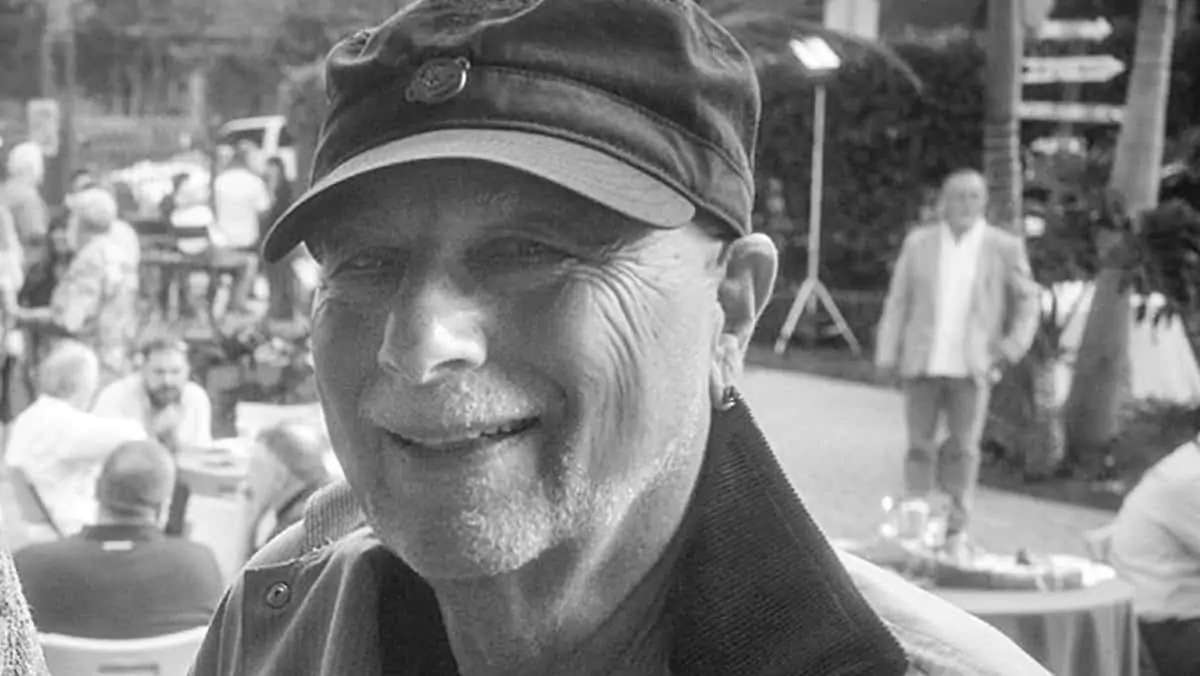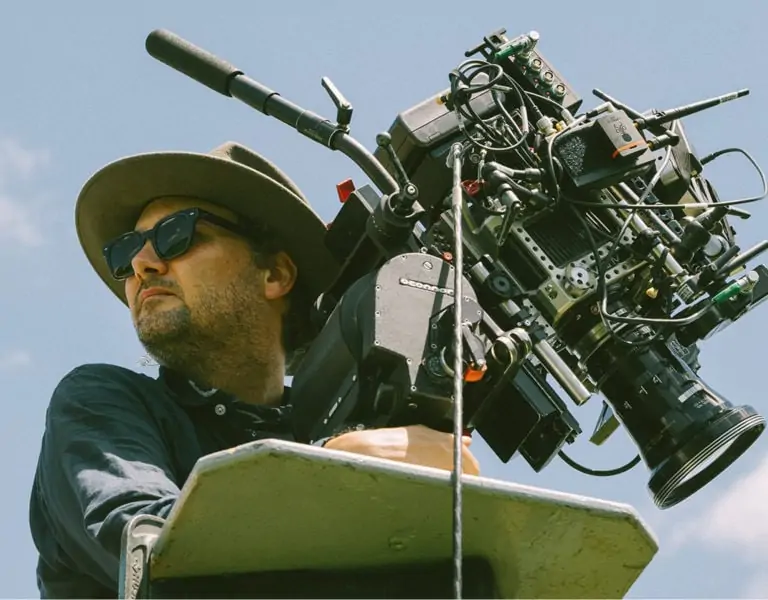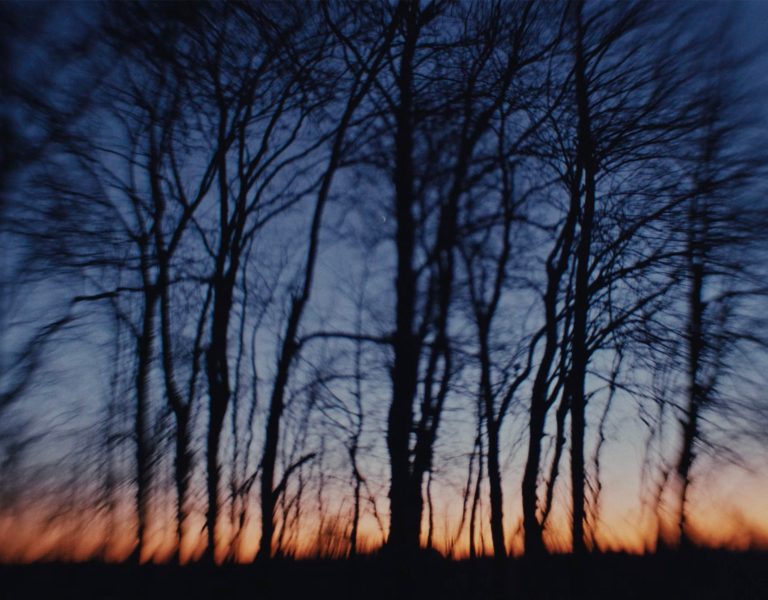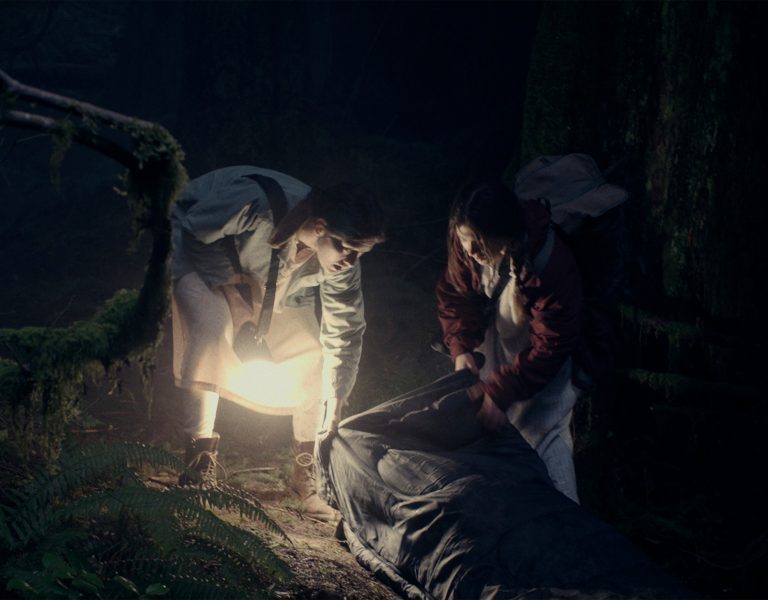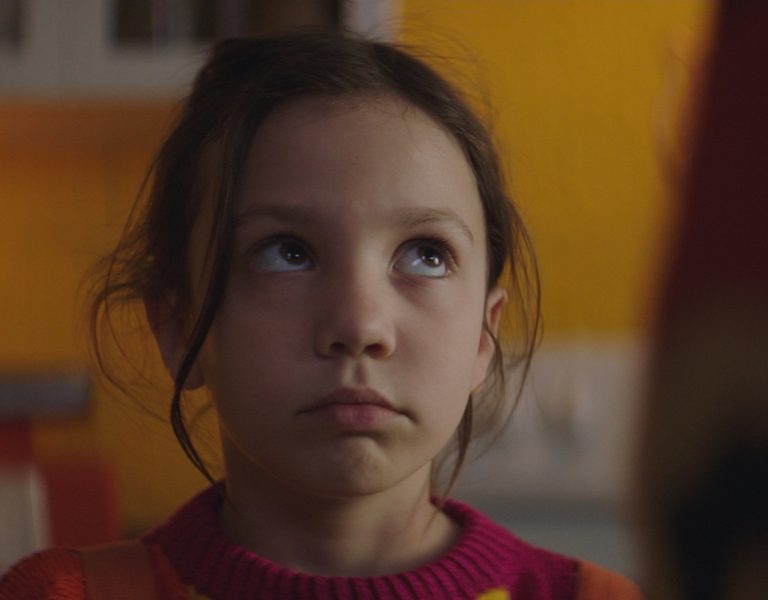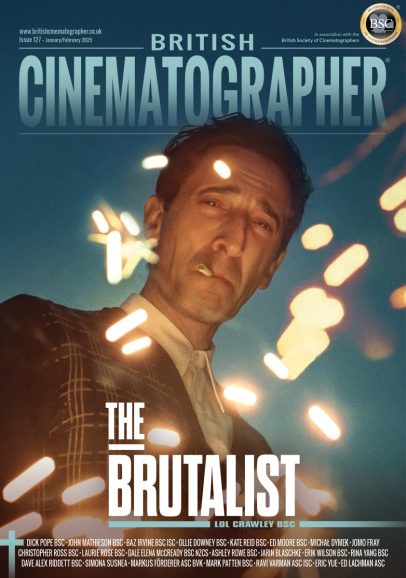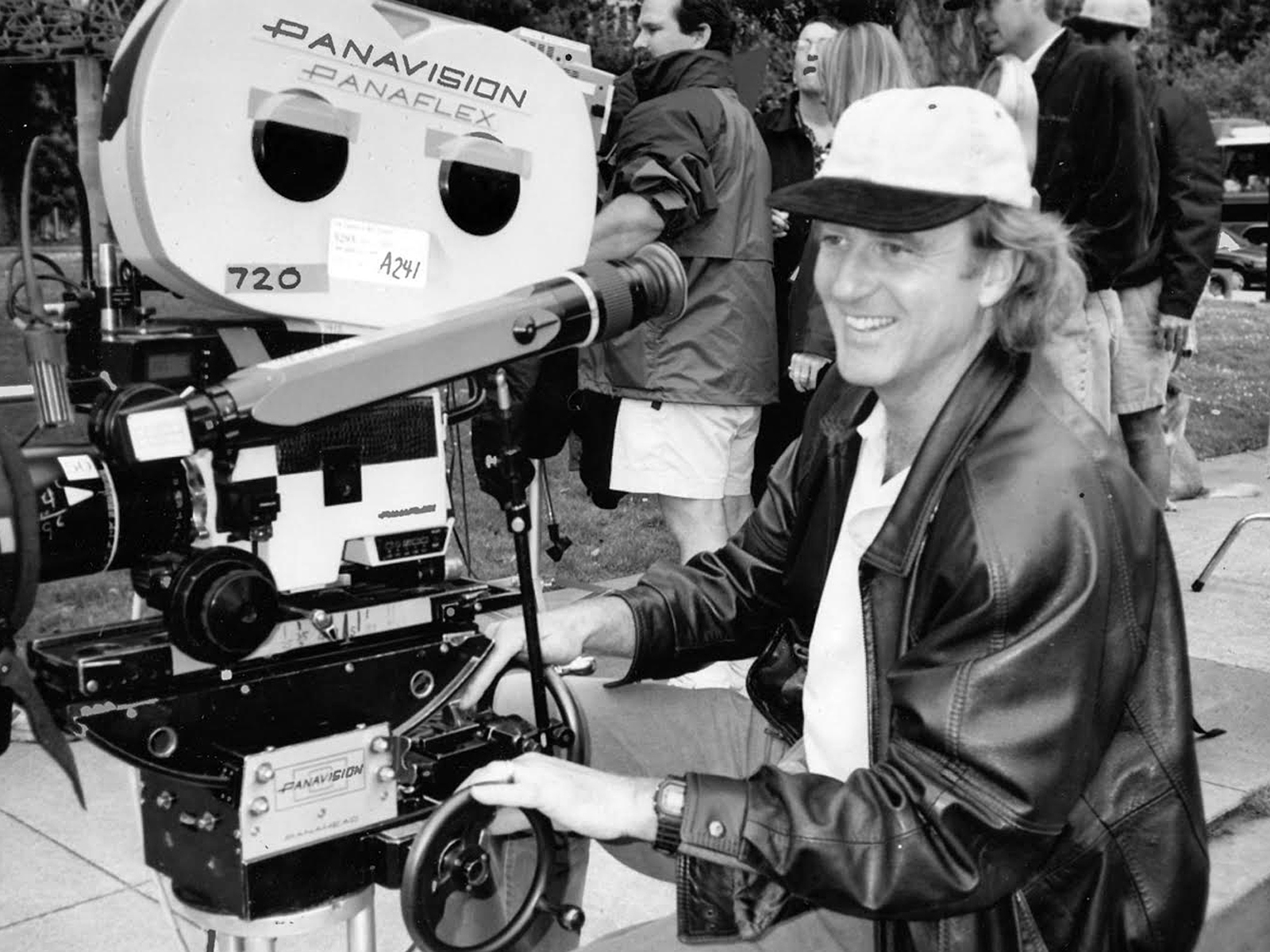
The cinematographer is best known professionally for such Hollywood features as The Little Rascals and Fair Game, but his philanthropic work changed the lives of many. He died suddenly at the age of 70 on December 25, 2021.
The ASC released the following statement:
Born on July 5, 1951, in Massachusetts, Richard Bowen was raised and educated in Palo Alto, California. He graduated with honors from the University of California in 1973 and spent the next year working as a legal aid in rural Moses Lake, WA, serving farmworkers as a part of VISTA, an anti-poverty program created by Lyndon Johnson’s Economic Opportunity Act of 1964 as the domestic version of the Peace Corps.
Soon afterward, while backpacking across Europe and taking pictures, Bowen lucked onto his first film set, the Italian classic 1900 (1976), meeting Bernardo Bertolucci and Vittorio Storaro ASC AIC. Their encouragement and help set him immediately on his path to becoming a director of photography.
After stints at the graduate film program at San Francisco State University and as a Cinematography Fellow at the American Film Institute, Bowen began shooting documentaries, industrial films and commercials in the San Francisco Bay Area. Soon thereafter, he shot and produced the independent film Street Music (1981). Written and directed by his wife and creative partner, Jenny Bowen, it won the US (Sundance) Film Festival.
Through his continued involvement with the Sundance Institute, Bowen went on to shoot Belizaire the Cajun (1986), Stacking (1987), and then Jenny’s second feature, The Wizard of Loneliness (1988).
Meanwhile, the cinematographer began to find work in television, shooting episodes of The Days and Night of Molly Dodd (directed by Jay Tarses) and the long-running HBO series Tales from the Crypt (1989; Richard Donner and Howard Deutch), and the telefilms Glitz (1988; Sandor Stern), Wheels of Terror (1990; Christopher Cain) and Runaway Daughters (1994, Joe Dante).
Bowen also shot second unit on features including Sydney Pollack’s period drama Havana (1990) and Lawrence Kasdan’s epic western Wyatt Earp (1994) — collaborating with director of photography Owen Roizman, ASC on both projects.
Busily shooting commercials, he also photographed feature films including Article 99 (1992), Pure Country (1992), The Little Rascals (1994), Major Payne (1995) and Fair Game (1995).
Bowen was subsequently recommended for ASC membership by Roizman and Society fellows Jeffrey L. Kimball and Ralf Bode. He was welcomed by ASC President Victor J. Kemper on June 16, 1995.
Following the features Head Above Water (1996) and A Smile Like Yours (1997), Bowen’s last credit as a director of photography was the independent feature thriller In Quiet Night (1998), also directed by Jenny.
In 1997, the Bowens adopted daughter Maya from an orphanage in China. “At the one-year anniversary party [of her adoption], my wife said to me, ‘I know what I want to do with the rest of my life,’” Richard told American Cinematographer in 2013.
Giving up their respective careers as filmmakers, they moved to China, where Jenny founded what would become OneSky, an NGO charity for orphaned children which is today active in more than 20 provinces across that country in cooperation with the Chinese government, as well as in Vietnam and Mongolia.
The couple also adopted their second daughter, Anya.
Bowen told AC, “[Jenny] deserves all the credit for starting the foundation. Only a small percentage of children are adopted, so we wanted to do something to help the others. The transformation in these kids is pretty dramatic.”
Bowen authored a photo book entitled Mei Mei Little Sister: Portraits from a Chinese Orphanage in 2005, featuring a forward by Amy Tan. Publisher Chronicle Books described: “The Chinese believe an unseen red thread joins those in this life who are destined to connect. For photographer Richard Bowen, that thread led him to China’s state-run welfare institutions, where there are thousands of children, primarily girls, growing up without families to take care of them. Mei Mei presents a poignant glimpse of just a few of these remarkable children. Composed against neutral backgrounds, these portraits capture the girls’ inner lives, away from their often-bleak surroundings. The images show an almost endless range of expressions: small faces filled with longing and hope, joy and sadness, humor and mischief, defiance, and despair. Through the camera’s eye, these young children are no longer orphans, but individuals whose personalities are as vital, distinct, and beautiful as any mother’s child. When that unique human being comes into focus, the connection is made and the red thread becomes visible. And once seen, the bond can never be broken.”
Bowen also shot more than 100 short films in China as a part of OneSky. Much of this material depicting the children and the organizations efforts was never seen outside of that country. He used expertise gained shooting there to smooth the way for a personal project, the period feature drama Cinderella Moon (2010).
“In my research, I found that the Cinderella story actually has its roots in a Chinese tale from 768 A.D.,” Bowen explained to AC. “The scholars think it may have come to Europe with Marco Polo. The basic theme of the Chinese version of the story is that girls are just as good as boys. A light bulb went on in my brain.”
Bowen spent two years developing the project, raising money and scouting locations. Phil Radin and Bob Harvey of Panavision helped with the cameras. “I directed commercials and always really enjoyed it,” he noted. “I never had any great drive to be a feature director, but this got under my skin. I genuinely like the movie.”
Cinderella Moon was photographed by Chinese cinematographer Wang Yu: “He’s a very good cameraman. I saw this movie so clearly in my head, initially, before we made it. I was so specific about what I wanted that I think I made him crazy. But I love the guy.”
Bowen also remained active shooting and directing commercials and doing second-unit camerawork on feature projects including Flags of Our Fathers (AC Nov. 2006) and The Kite Runner (AC Nov. ’07).
He died peacefully in his sleep, possibly due to a heart issue, and is survived by his wife, Jenny, daughters Maya and Anya, and step-children Cristin Balog and Aaron Bowen.




